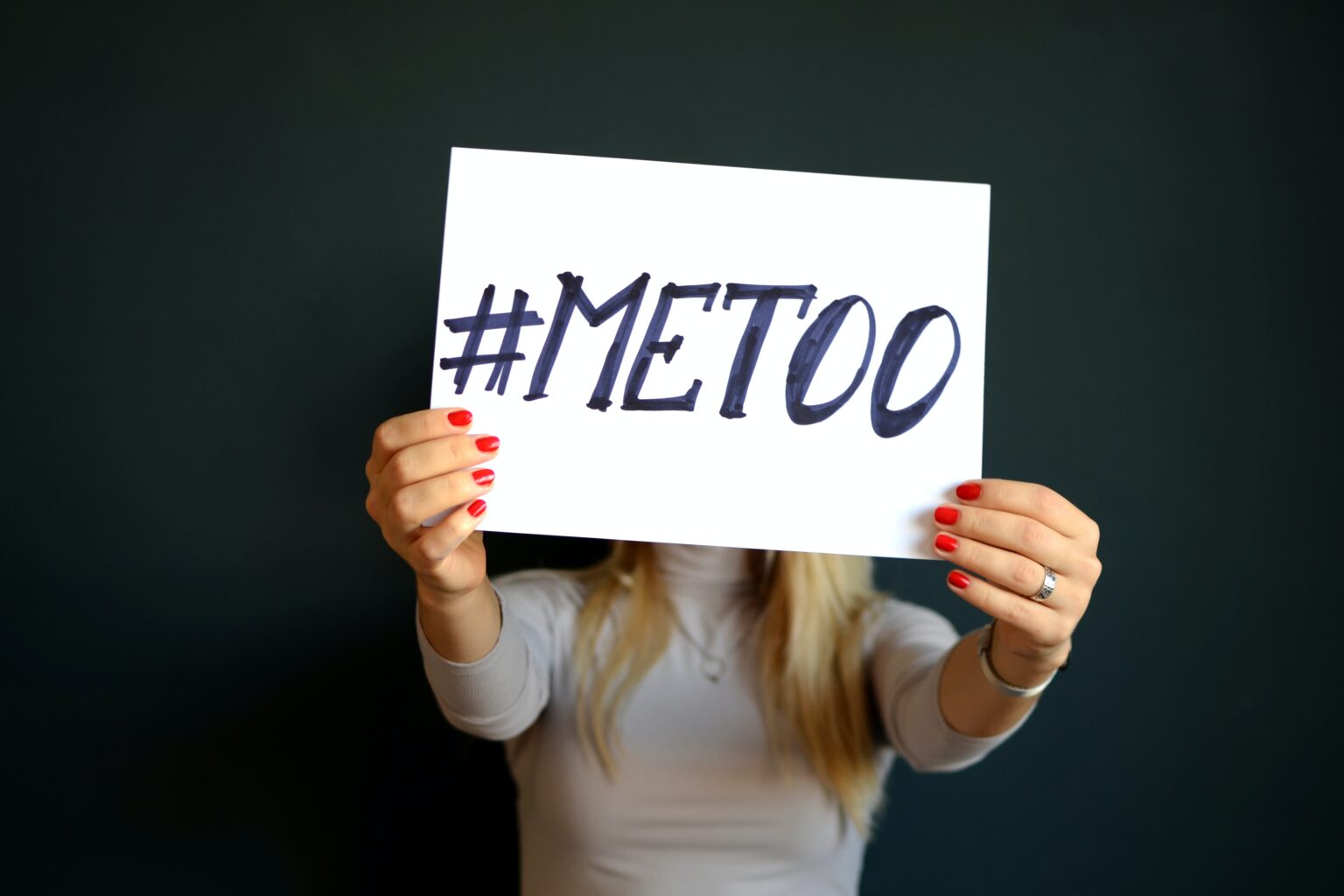In these staggering days of the Greek metoo we witnessed various reactions in the digital and public sphere. In the first instance, solidarity with Sofia Bekatorou and the condemnation of gender-based violence were expressed, to the point where we wonder on which planet the abusers and rapists live!
The critical voices
In the second instance, voices emerged which challenged, in an extremely derogatory way, the traumatic testimonies of women, or warned of the evils expected from these practices. And as time passes and the enormous dimensions and effects of gender-based violence become more visible, these “critical” voices increase.
The arguments are many: It is disputed who has the right to report the violation of her rights, when, and under what conditions: “why did she take so long to speak?”, “why is she saying this on social media?”, “Why is she testifying on TV?”, “yes, but she is rich and successful.”
Sometimes there is a danger of being led to cannibalism and “keyhole” approaches because revelations come to light that affect men with well-established paths and positions in the public sphere. As if gender-based violence, which is a structural feature of most workplaces, is not cannibalism!
Political correctness and gender violence
Sometimes the argument that being politically correct is an intolerable corset comes forward, especially in the field of art. However, denouncing gender-based violence is not at all a matter of political correctness. It is a right that concerns the violation of the fundamental rights of the person who complains. Because gender-based violence is a criminal offense. It is that simple. And complaints about sexual harassment have nothing to do with linguistic blunders or deviations from the rules of propriety.
On the contrary, gender-based violence is an extremely tangible, embodied, historically determined political phenomenon, the result of unequal power relations between the sexes, which has human victims, with flesh and blood, soul and mind, desires, dreams, and expectations.
The focus is on patriarchal power relations
We will not be silent in the face of attempts to blame the victims who found the courage to speak out in the environment of the Greek metoo, in the face of this stereotypical, deeply embedded sexist and manipulative practice that is inextricably linked to patriarchy and gender-based violence.
We will not be silent in the face of the advice of reputable analysts and public figures (men, as well as, women), often progressive, who give us instructions on how to express what we have experienced, when, where, on what terms and under what conditions, with the aim of giving us instruct and patronize us once more, with a word of authority and an air of knowledge that knows better than we do about us.
We will expect a more critical and reflective look from men who want to take a stand against sexism by talking about how they participated in the reproduction of sexist culture in male friend groups, the military, gangs, politics, and workplaces.
We will insist on always focusing on the phenomenon and its dramatic social consequences for a shockingly large percentage of women and femininities, the traumatic experiences, the absence of effective prevention policies, sexual education, awareness and information, the absence of complaint mechanisms in all workplaces, education, culture, politics, etc.
***Written by Anna Vougiouka, researcher and gender expert, Diotima Center





